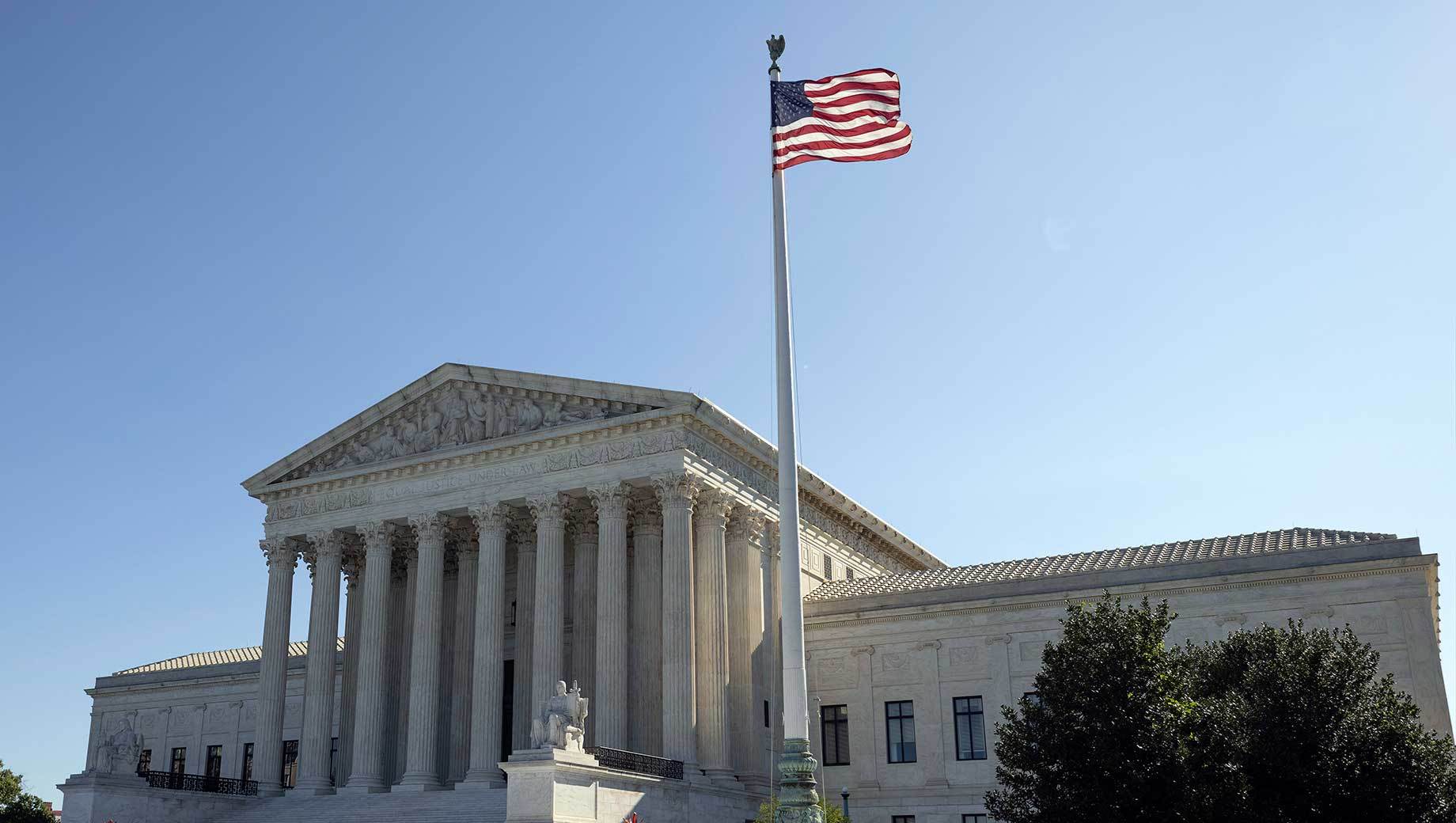Muslim Men Sue FBI For Spying On Them
The US Supreme Court will hear a case filed by three Muslim men who say the FBI spied on them at their mosque, in violation of federal law.
-

The three men say were surveilled at their mosque by the FBI after 9/11 solely because of their religion
The US Supreme Court will hear a case on Monday filed by three Muslim men in California, who said that they were surveilled at their mosque after the 9/11 attacks by the FBI, based solely on their religion.
Yassir Fazaga, the Imam of the Orange County Islamic Foundation, along with Ali Uddin Malik and Yasser Abdelrahim, say the FBI sent a confidential informant to several Orange County mosques in 2006 and 2007. They ordered the informant to pose as a convert and to gather information about the people attending the mosques.
Ahilan Arulanantham, a lawyer with the American Civil Liberties Union said "The FBI employed a paid informant person with a prior criminal history to infiltrate these mosques." The informant's cover story was of him being a convert out to rediscover his French-Algerian roots.
"He then was instructed by the FBI to gather as much information as possible on people in this community -- cell phones, email addresses, conversations, which he secretly recorded," Arulanantham told reporters.
The information recorded prayer groups in the mosque through a secret recording device hidden in his car key fob, and also secretly recorded videos in mosques, homes, and businesses in the area.
Not only that, but the informant, according to Arulanantham, tried, at the FBI's request, to incite violence, talking about things like bombing, Jihad, the war in Iraq and Afghanistan. However, he scared a number of people who reported him to the FBI.
Without privacy, there is no freedom.
— ACLU (@ACLU) November 7, 2021
FBI v. Fazaga involves a challenge to the FBI’s unlawful surveillance of Muslim Americans. On Monday, it will be heard by the Supreme Court.
We sat down with plaintiff Yasser Abdelrahim to discuss the case. pic.twitter.com/2n7vBtg68v
The informant later became angered by his handlers, argued with them, and decided to go public with his experiences.
FBI invokes fear of state secrets being revealed
A district court in California dismissed the plaintiffs' claim, accepting the FBI argument that state secrets risked being revealed.
But the US Ninth Circuit Court of Appeals disagreed, saying the district court should have held closed-door hearings to evaluate any secret evidence. The FBI appealed that decision, and the US high court agreed to hear the case.
The case is Federal Bureau of Investigation v. Fazaga, and the court is expected to render its decision by June 2022.

 2 Min Read
2 Min Read








